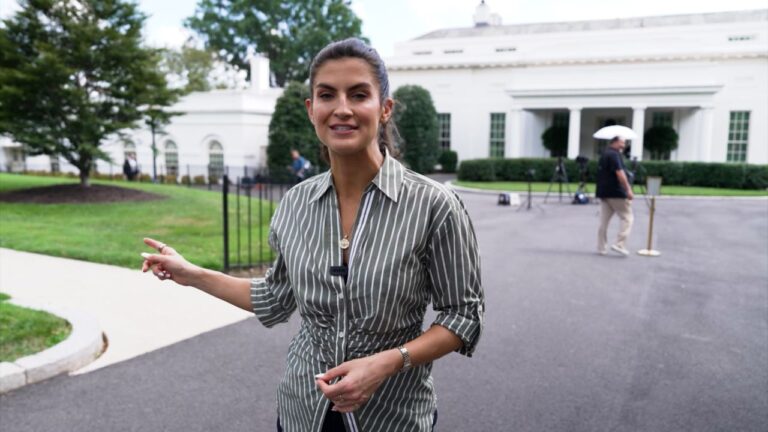Music mogul Sean “Diddy” Combs was acquitted on Wednesday of the most serious charges against him in a trial that highlighted allegations of sexual assault and abuse of power. This case has renewed focus on survivors who choose to speak out, including singer Cassie Ventura, who provided emotional testimony while eight months pregnant. Ventura’s allegations of years of physical and sexual abuse by Combs were made in a lawsuit filed in November 2023, just before the expiration of New York’s one-year lookback window, which temporarily suspended the statute of limitations for civil lawsuits related to adult sexual assault cases. The suit was settled shortly thereafter.
New York’s Adult Survivors Act was part of a broader legislative effort in both New York and California to allow victims of sexual assault, both child and adult, to file lawsuits beyond the usual statute of limitations. This legislation has enabled thousands of lawsuits against powerful figures and institutions, including Donald Trump and Harvey Weinstein.
The Impact of Lookback Legislation
The introduction of lookback windows has been a significant step forward for survivors seeking justice. According to the Rape, Abuse & Incest National Network (RAINN), someone in the U.S. is sexually assaulted every 68 seconds. While these laws have been instrumental, advocates argue they are not a complete solution for survivors seeking justice. The momentum of the #MeToo movement, which played a crucial role in bringing these issues to the forefront, appears to be waning, making it challenging to maintain public and legislative support for further protections.
New York State Assemblywoman Linda Rosenthal, a key figure in the legislative push, noted that the #MeToo movement created a cultural moment that made it difficult for opponents to dismiss the importance of such laws. “It became harder for those who were opposed to the effort to say, ‘Oh, this isn’t such a big deal,’ when you couldn’t open the paper or see a movie without this being a central topic,” said Michael Polenberg, vice president of government affairs at Safe Horizon.
Challenges and Legislative Efforts
The Child Victims Act, enacted in 2019, allowed child victims to file civil lawsuits up to the age of 55 and created a one-year lookback window for victims of any age. This window was later extended due to the COVID-19 pandemic. Nearly 11,000 lawsuits were filed under this act in New York during its two-year span. This success paved the way for the Adult Survivors Act, which passed in 2022, creating a similar one-year lookback window for adult victims.
Despite these advances, survivors pursuing legal action often encounter additional hurdles. A patchwork of policies across states can complicate the process. For instance, New York’s Court of Claims requires a precise degree of detail about the time and place of abuse, leading to the dismissal of some cases. Polenberg highlighted the challenge for formerly incarcerated women who were assaulted in prison and are expected to remember exact dates.
“It is unfathomable to ask survivors to know the exact day that something took place, if they were locked up for six years or eight years,” said Polenberg.
National Disparities and Legal Loopholes
Nationally, only a few states have removed statutes of limitations for all felony sex crimes. Survivors in other states face limited time frames or temporary lookback windows. Additional challenges include so-called intoxication loopholes, which can prevent survivors from seeking justice if they were unable to consent due to voluntary intoxication. This loophole exists in nearly half the nation, though Texas recently closed its loophole by expanding the definition of consent.
Christina Maxwell, a New York-based singer and advocate, faced this legal hurdle after being sexually assaulted in 2020. Despite having surveillance footage, she was told by authorities that her case was unlikely to succeed because “drunk consent is still consent.” This experience has fueled her advocacy for closing the intoxication loophole in New York.
The Road Ahead
The acquittal of Combs on the most serious charges was disappointing to many advocates, who see it as part of a broader backlash against the #MeToo movement. However, the ability of Ventura to file her civil suit was seen as a victory. Her lawyer, Doug Wigdor, praised her courage in choosing to hold Combs accountable rather than accepting a settlement.
“She showed great courage, great bravery, to choose the latter of those two options,” Wigdor said.
As the legislative landscape continues to evolve, the voices of survivors like Ventura and Maxwell remain crucial. Assemblywoman Rosenthal emphasized the importance of survivor testimonies in shaping policy. “You can read about it, but the most convincing strategy is to have a survivor sit down with you and look you in the eye and tell their truth about what happened to them,” she said.
As advocates push for further reforms, the hope is that the exposure of high-profile cases will reignite momentum for legislative change, ensuring that survivors have the opportunity to seek justice and hold perpetrators accountable.

























